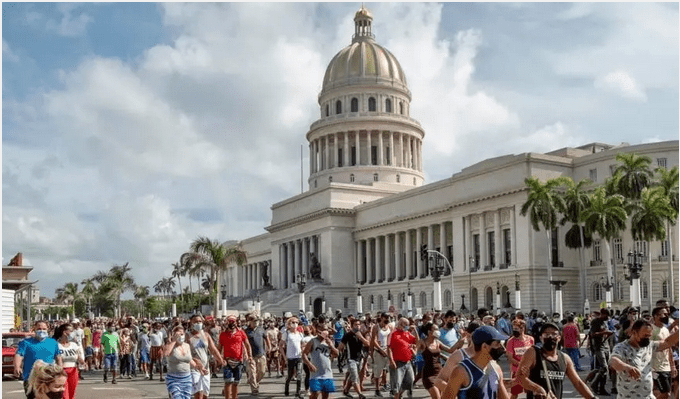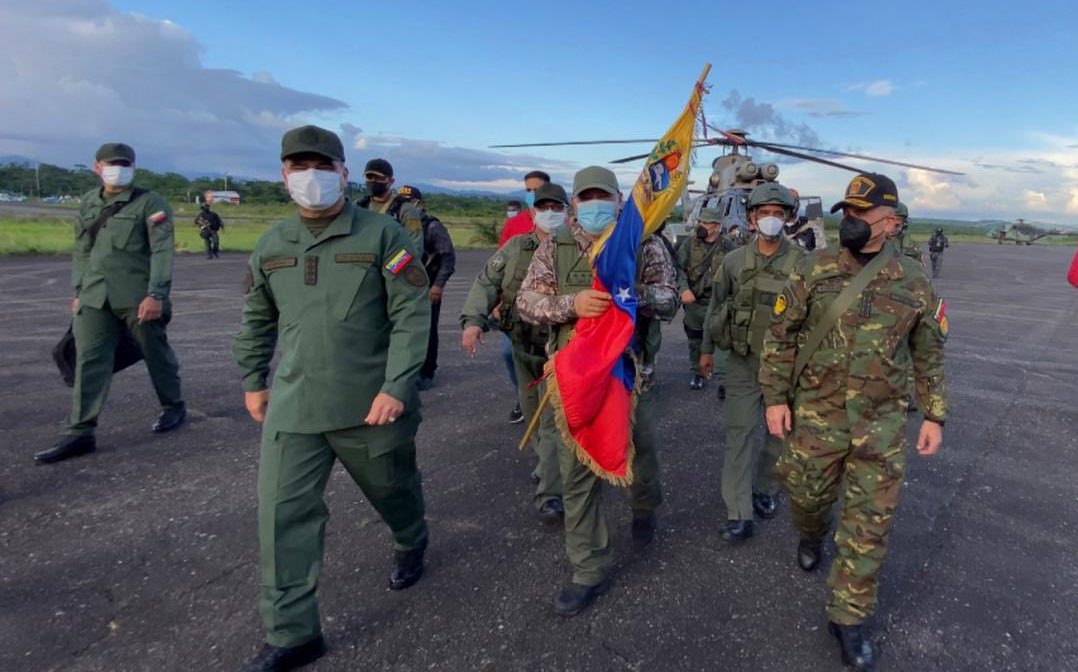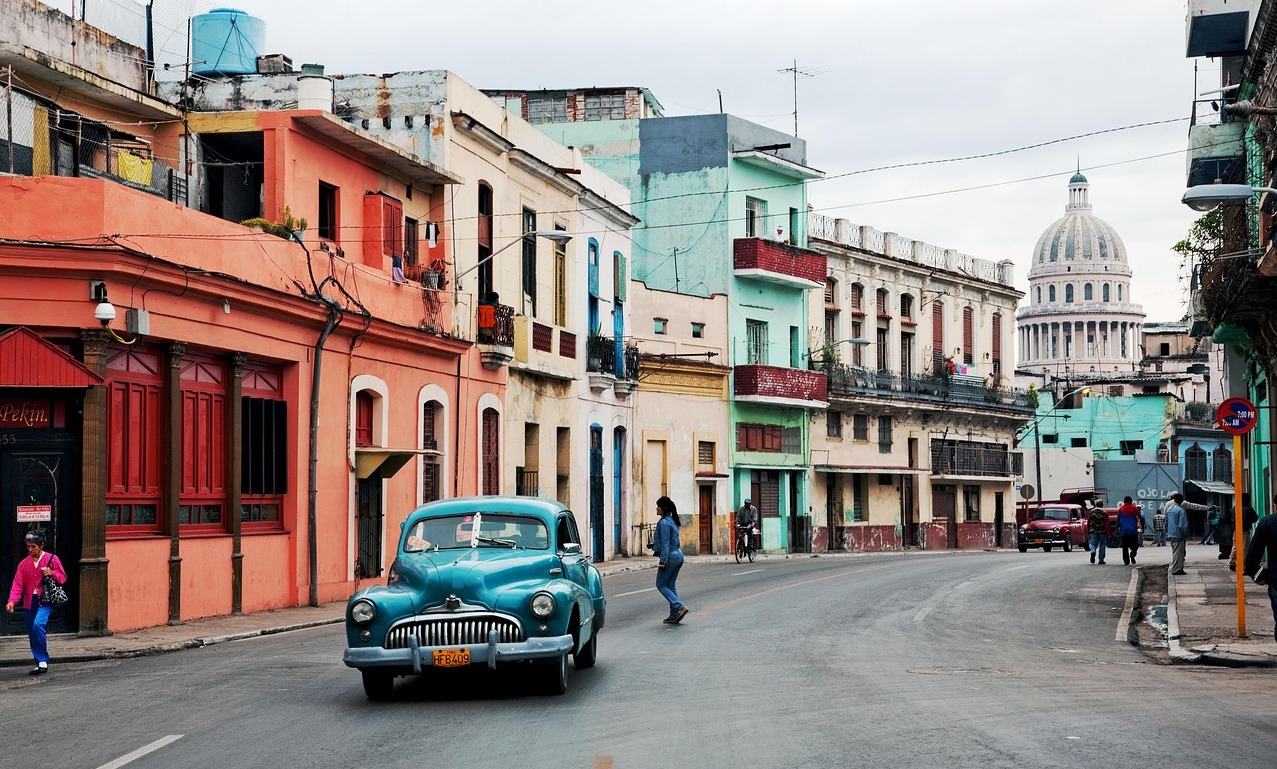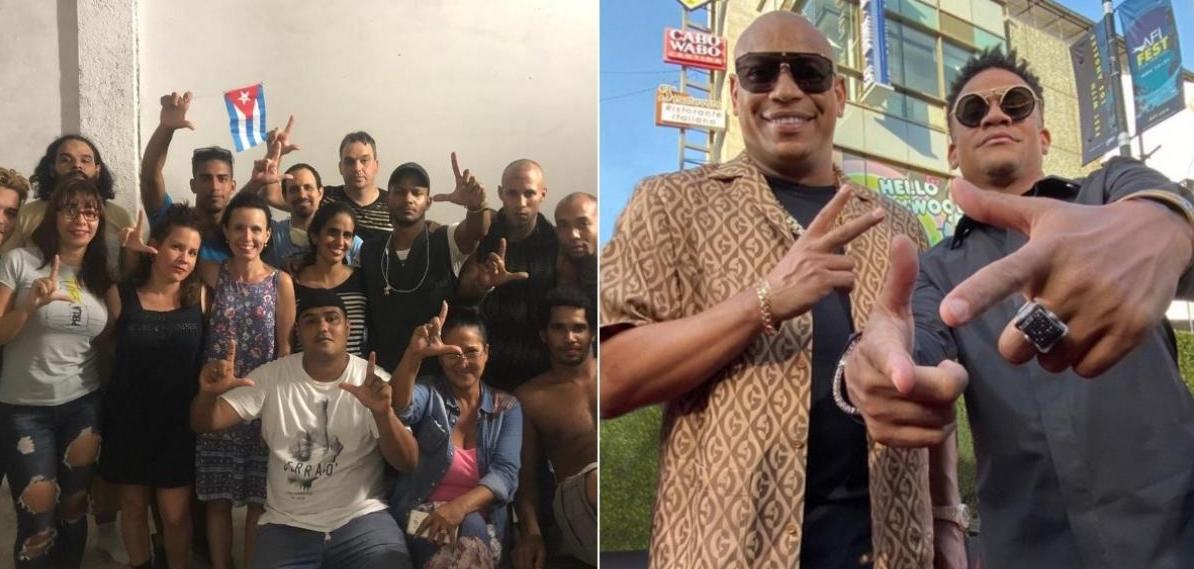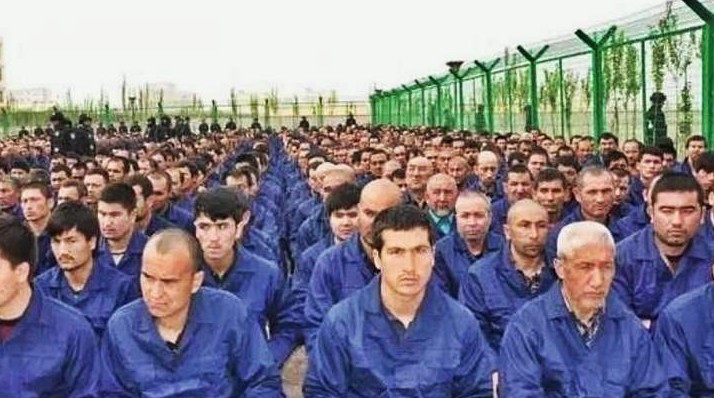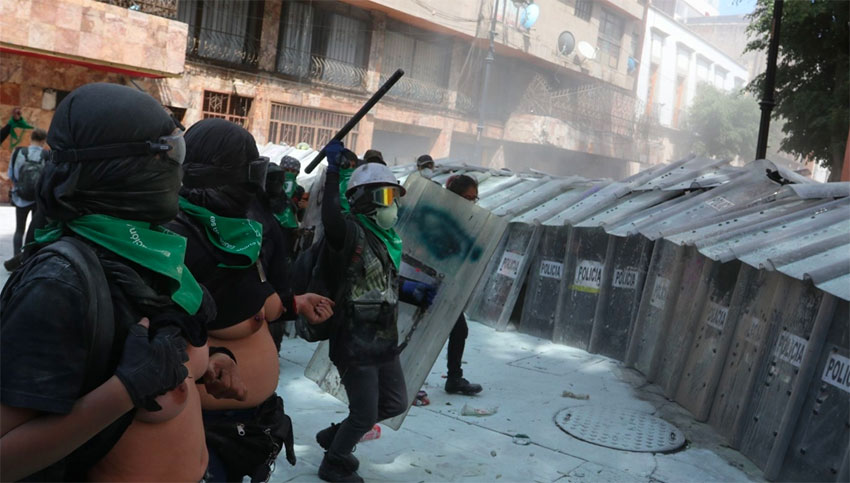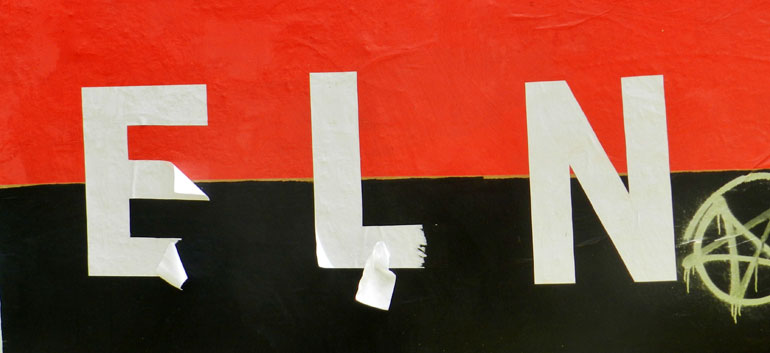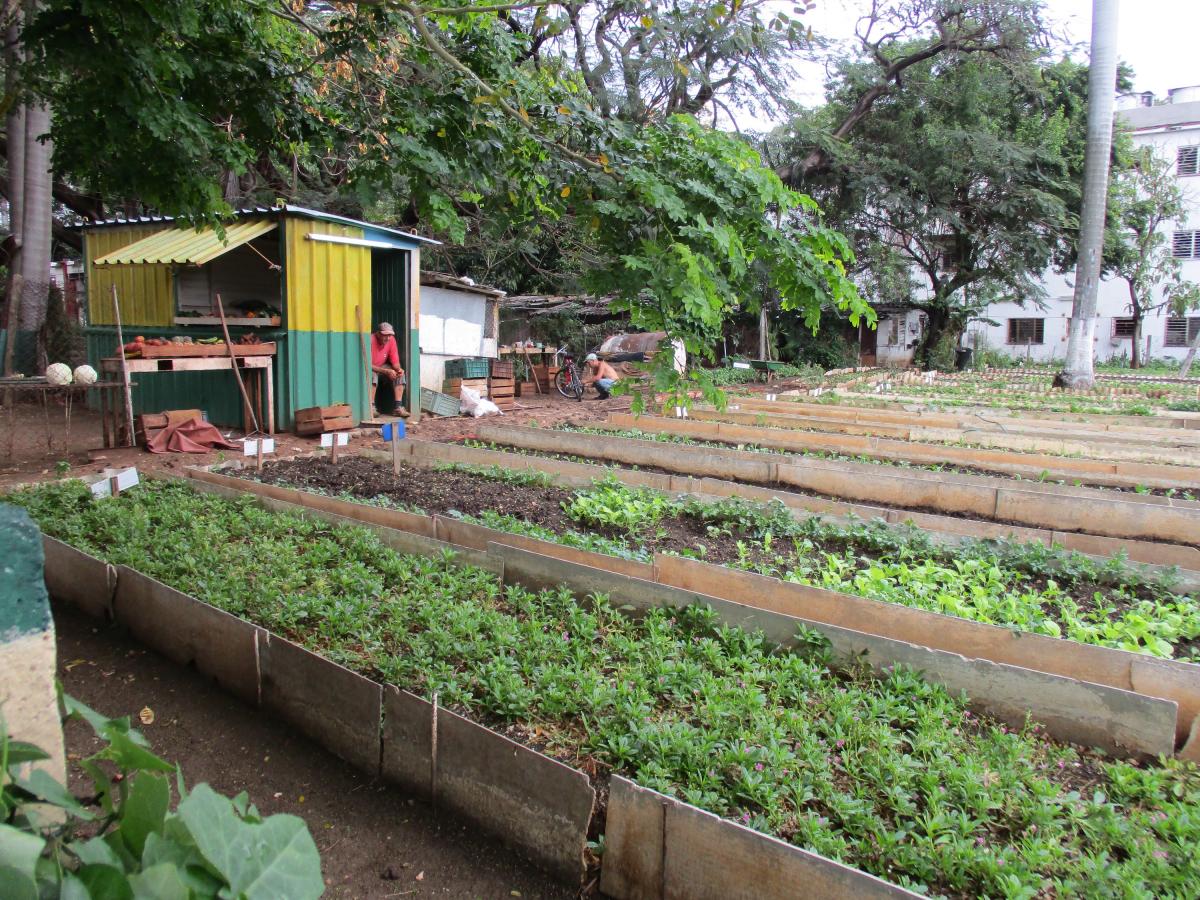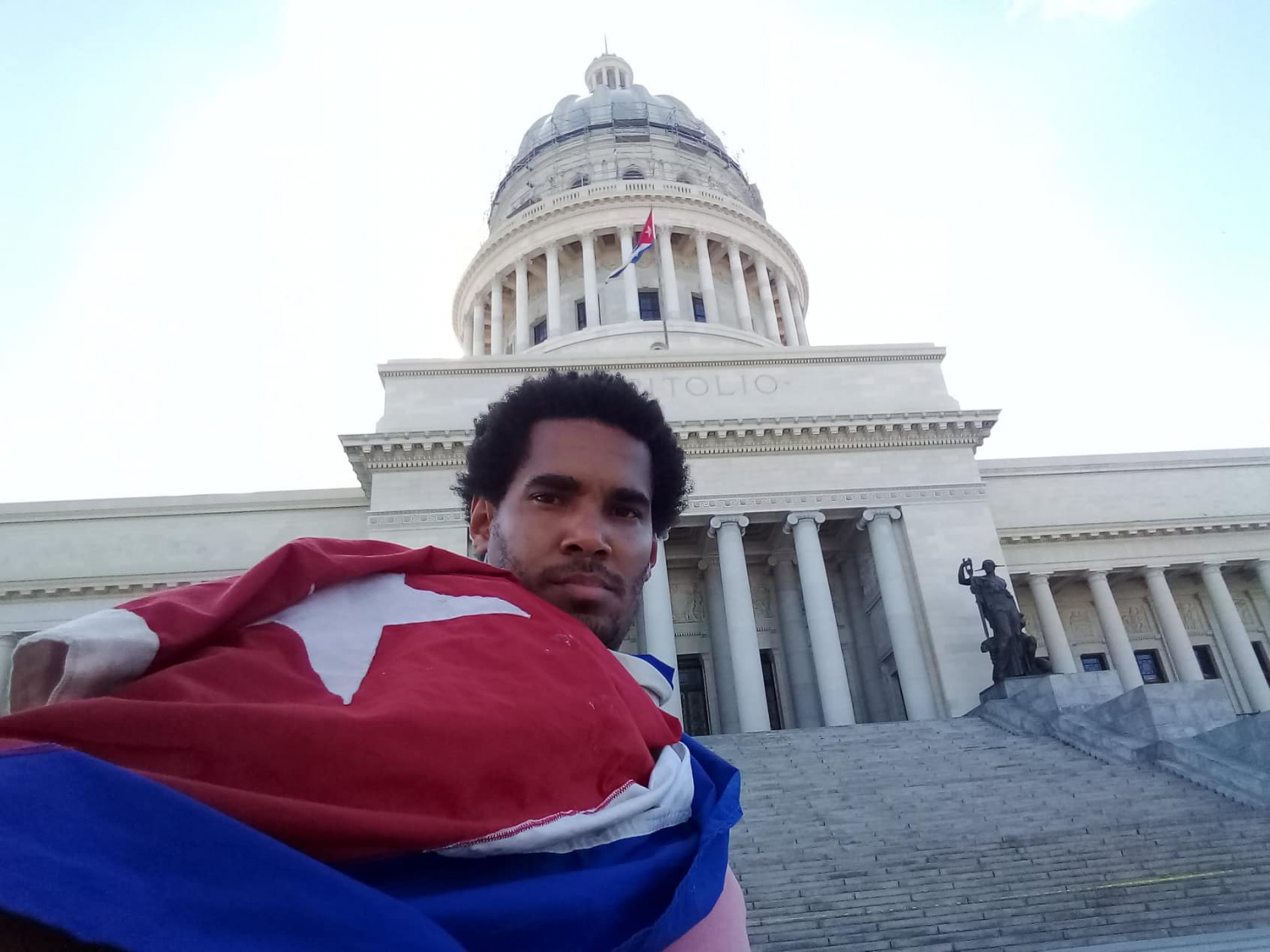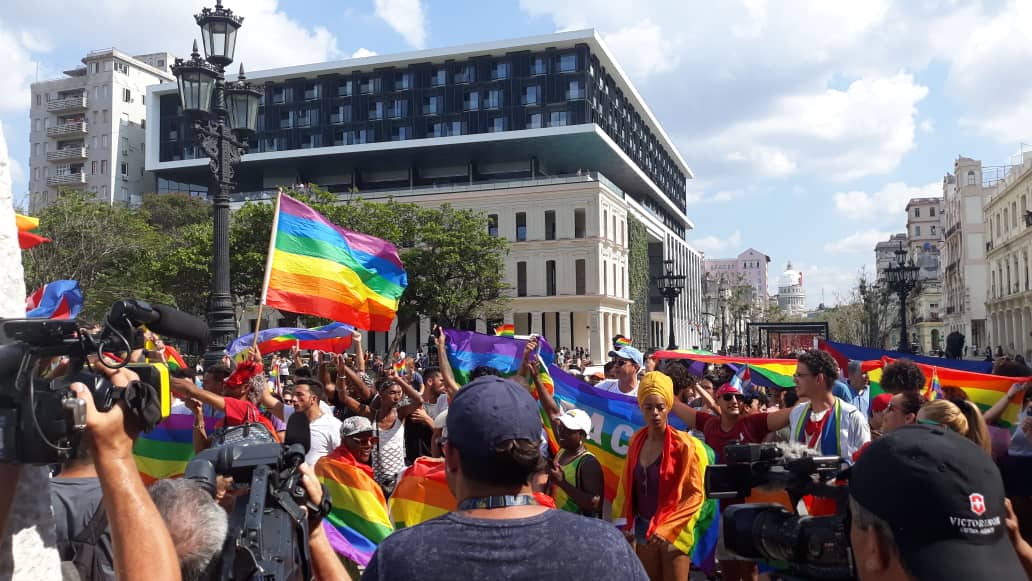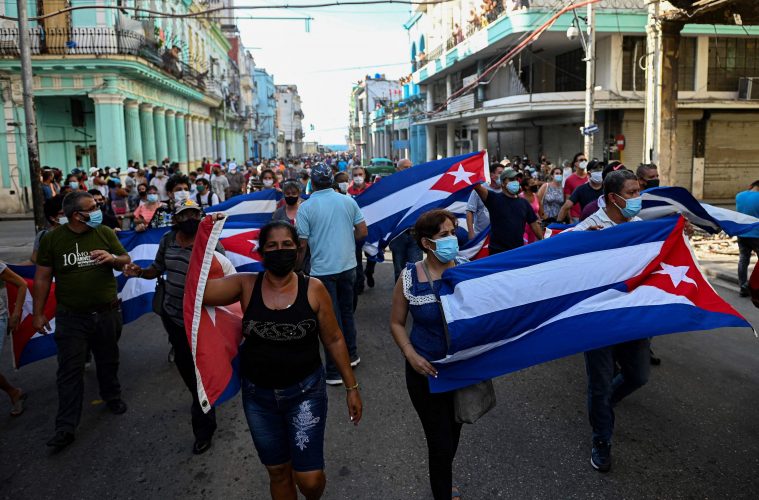
Podcast: how do we respond to the Cuba protests?
In Episode 80 of the CounterVortex podcast, Bill Weinberg examines the actual politics of the Cuban protests—and how much of the response by supposedly progressive forces in the United States has been highly problematic. While opposing the embargo, and the inevitable attempts by US imperialism to exploit and co-opt the protests, we must guard against words and actions that abet the repression. Hundreds have been detained and at least one person killed as the protests have been put down by security forces. By uncritically rallying around the regime and portraying the protests as CIA astroturf, we not only make ourselves complicit with rights abuses—we help bring about exactly what we fear, showing the protesters that their only allies in the US are on the political right. Listen on SoundCloud or via Patreon. (Photo via Mal Salvaje)



